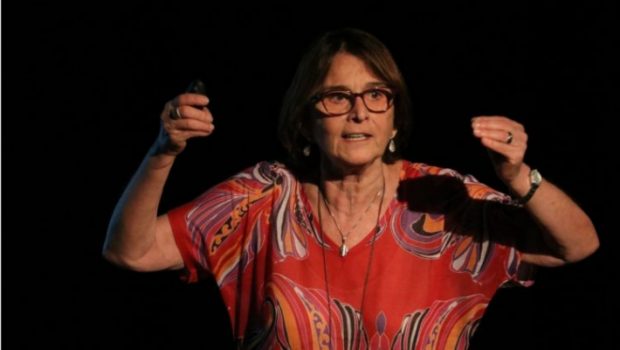Helena is rare. Image: reveal
Latin America and the Caribbean has been the most famous epicenter of the COVID-19 epidemic, accounting for nearly 25% of all deaths from the disease in the world in June 2021. Growing denial and persecution of scientists in countries such as Brazil, Nicaragua, Venezuela and Mexico, among others and underinvestment in science are the root cause of the problems that have put the region at the top of this ranking. That is why it is so urgent that Latin American sciences talk more and, above all, do so with each other, and not only with actors from other regions.
Today, the whole world is moving towards cooperation between countries in various fields. However, in our region, the idea has always prevailed that this kind of exchange took place only in the domain of the South and the North. When we began to realize that we can also collaborate on a south-south axis, we saw how this could change the panorama of Latin America and strengthen relations between countries in the region.
To encourage this exchange, the Brazilian Academy of Sciences has signed a partnership with the Nobel Foundation that will bring together five Nobel Prize winners and 80 undergraduate and graduate students from 24 countries in Latin America and the Caribbean, including 16 Brazilians. On November 16, they will gather in virtual rooms to discuss ideas and strategies to advance science in the region, which is experiencing one of the worst funding crises in decades.
This is happening against the rest of the world. China recently made the largest investment in science and technology in 15 years. The US has already approved over R$6 trillion for the same region since the start of the pandemic. They do this because they know that investing in science goes back to society. It is logical.
Together, young Latin American students will discuss issues that include scholars’ responsibilities, the power of collaboration, strategies for building bridges with policy makers and society at large, and the broader social implications of all of these topics. The debate may bring common strategies to combat the great challenges that Latin America is engrossed in – from the already emerging climate change to political instability, through the many inequalities and the effects of the pandemic.
Our region is waking up to the idea that this scenario can only be changed if we unite, as the European Union does. Science saves the nation and builds it. The union strengthens them all.
* Helena Nader, Biomedicine. Vice President of the Brazilian Academy of Sciences (ABC) and Professor at the Federal University of São Paulo (Unifesp)

“Hardcore beer fanatic. Falls down a lot. Professional coffee fan. Music ninja.”






More Stories
The law allows children and adolescents to visit parents in the hospital.
Scientists pave the way for the emergence of a new element in the periodic table | World and Science
Can dengue cause hair loss? Expert explains how the disease affects hair